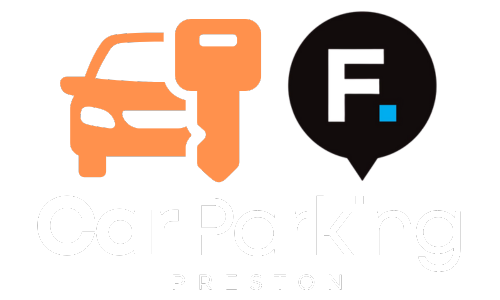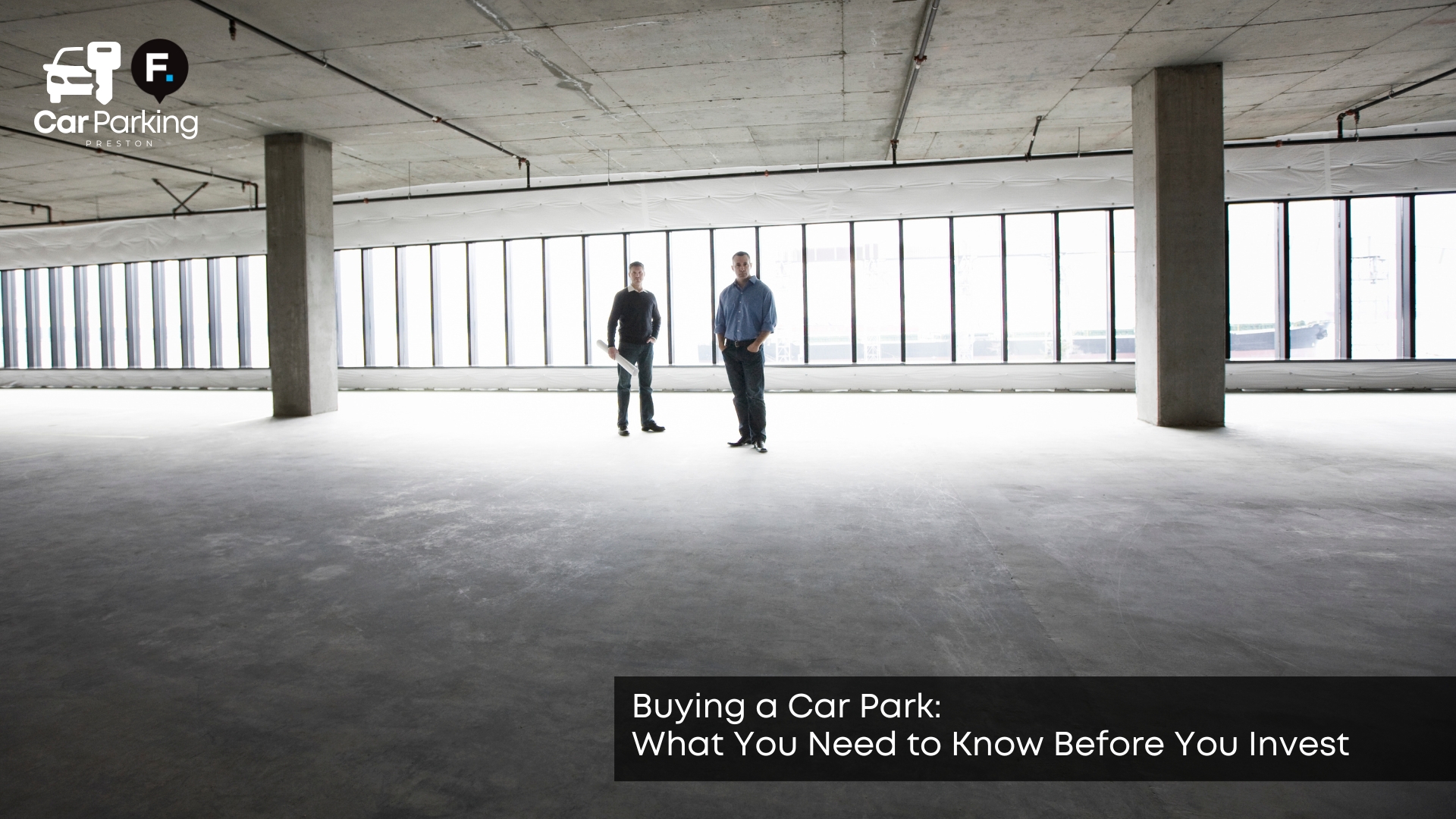Buying a car park may not be the first thing that comes to mind when thinking of property investment, but it can be a smart move. Car parks offer steady income, low overheads, and growing demand in busy areas. Whether you want to invest in a city centre site or a local parking facility, it’s important to know what to expect. In this article, we explain what to check, what to avoid, and how to get started the right way.
Why Are Car Parks Considered a Strong Investment Option?
Car parks are considered a reliable investment because they provide steady income, low operational costs, and rising demand in urban areas. Unlike many property assets, they require less maintenance and have fewer legal complications. With more cars on the road and limited city parking, well-placed car parks rarely stay empty. They also allow for flexible business models, from hourly rates to monthly permits. Once you understand the appeal, it helps to look at who typically makes these investments.
Who Typically Buys a Car Park in the UK?
Car parks are often bought by private investors, property developers, and local business owners. Some are experienced landlords expanding their portfolio, while others are newcomers seeking low-entry investment options. Even companies with office space may buy parking to generate extra revenue. The buyer’s goal may vary, some want short-term profits, while others seek long-term capital growth. Before joining them, it’s worth knowing about the types of car parks available.
What Types of Car Parks Can You Buy?
You can purchase surface car parks, multi-storey car parks, underground parking lots, or even small private parking spaces. Some are open-air and unmanned, while others are gated and staffed with CCTV. Each type comes with different costs, capacities, and rules. It’s important to match the type of car park with your investment goals and budget. Location plays a significant role in determining the profitability of that type.
Is Location Really That Important When Buying a Car Park?
Yes, location is one of the most important factors when buying a car park. City centres, busy commuter zones, shopping areas, and transport hubs all have high parking demand. A car park near a train station or airport is likely to stay busy year-round. Remote or poorly connected areas may struggle to attract enough traffic. Once the right location is identified, the next step is to determine its value.
How Do You Value a Car Park Before Making an Offer?
You value a car park based on income, usage rates, lease agreements, and local parking competition. Calculate annual turnover from parking fees and subtract expenses to find net income. Examine historical occupancy levels and determine whether prices have room to increase. It’s also useful to compare the sales of similar car parks in the nearby area. Once a fair value is estimated, legal checks should follow before committing to the deal.
What Legal Checks Should You Complete Before Buying?
Before purchasing, verify land ownership, access rights, zoning regulations, and planning history. Confirm that there are no disputes or leasehold complications associated with the site. If the car park includes a structure, check for any maintenance liabilities or fire regulations. A solicitor with experience in commercial property is essential for carrying out due diligence. After clearing the legal steps, you’ll need to consider the actual costs of ownership.
What Are the Main Costs Involved in Owning a Car Park?
Common costs include business rates, insurance, maintenance, staffing (if any), lighting, signage, and payment system upkeep. Some car parks need cleaning, surface repairs, or CCTV servicing. If you use a parking management firm, their fees must also be considered. Keeping costs low while keeping users satisfied is key to maximising returns. Permissions and compliance are next on the list.
Do You Need Planning Permission or Special Licences?
In most cases, you don’t need planning permission to operate an existing car park, but any major changes may require approval. Adding barriers, lighting, or kiosks could trigger local planning rules. You may also need permission if you want to turn a vacant lot into a car park from scratch. Councils differ on their requirements, so always check before making changes. It’s equally important to weigh up the risks.
What Risks Should You Consider Before Investing?
Risks include falling demand, poor location, changes in local transport policies, or high maintenance bills. Empty car parks quickly become a financial burden. You may also face theft, damage, or complaints if the site isn’t well-managed. Smart investors assess risk early and build contingency budgets. Once risks are noted, consider how to grow returns in the long run. Looking at established car parking opportunities in Preston can help you understand what works before making your move.
How Can You Increase Profit from a Car Park You Own?
You can boost profit by raising rates during peak hours, offering monthly parking permits in Preston, or using parking apps to increase visibility. Adding electric vehicle charging bays or bike spaces may attract new users. Advertising boards and vending machines can also bring in passive income. Effective marketing and smart design can raise usage levels. For some owners, professional help makes this process easier.
Should You Hire a Car Park Management Company?
Yes, many investors choose to hire a parking management company to handle daily operations. These companies handle payments, enforcement, cleaning, and customer service. While they charge a fee, they often improve efficiency and reduce owner stress. They also provide insight into pricing trends and system upgrades. Whether you go it alone or use help depends on your goals and experience. Some owners also explore how to rent a parking space to test the market before scaling up.
Can You Sell a Car Park Easily in the Future?
Car parks are usually easier to sell if they have strong earnings and a good location. Buyers look for steady income, clean paperwork, and low running costs. If the site is well-maintained and professionally run, it becomes a valuable asset. Car parks are popular with both small investors and large property firms. Even if your goal is long-term holding, knowing your exit options gives peace of mind.
Ready to Invest? Use This Guide to Move Forward with Confidence
This guide provides a comprehensive overview of what to expect when purchasing a car park, from pricing and planning to risks and returns. It helps you ask the right questions and avoid costly mistakes. If done well, car park investment can be both stable and rewarding. With careful planning and the right support, your next smart property move might be a parking space.


Leave a Reply